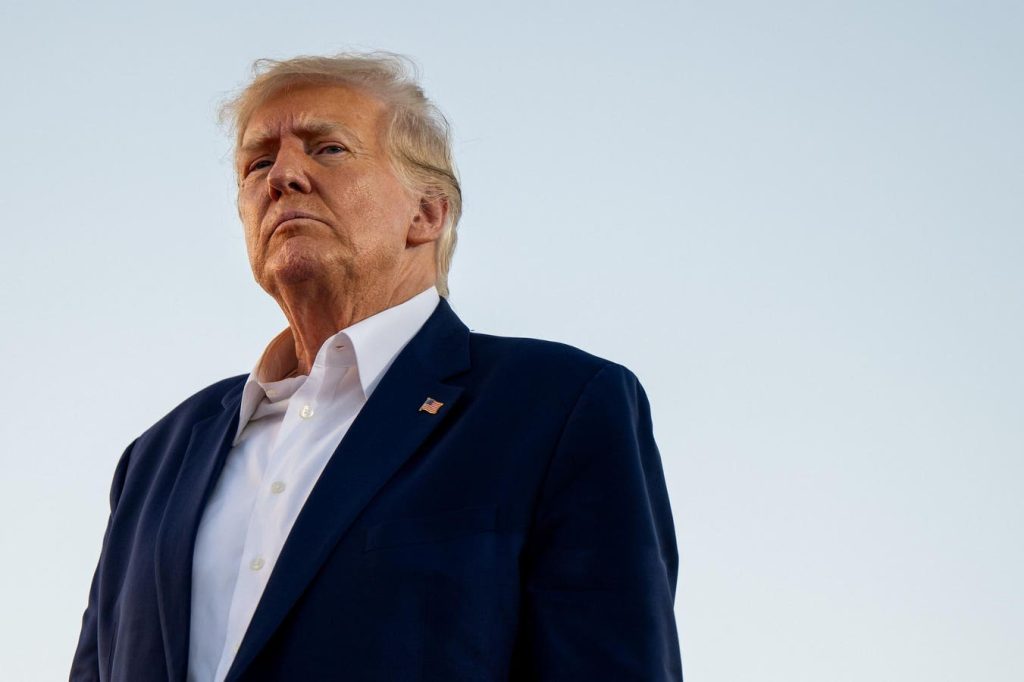Former President Donald Trump is facing criminal charges for allegedly falsifying business records, but his defense team is arguing that he paid little attention to the documents at the center of the case. Trump’s attorney stated that he was busy running the country and therefore did not have time to closely scrutinize the records, including several checks he personally signed. Trump’s fate now rests with jurors who are deliberating on whether to convict him on 34 felony charges, forcing them to consider Trump’s contradictory personality – was he a micromanager or a clueless boss when he signed those checks?
Testimony from individuals who have worked closely with Trump suggests that he was a hands-on leader who paid attention to details. Longtime tabloid executive and Trump mentee David Pecker described him as a micromanager who looked at every aspect of any issue. Similarly, Michael Cohen, Trump’s former attorney, testified that Trump would task individuals with requests and expect to be kept informed throughout the process. However, Trump’s former employees also recall instances where he would not take responsibility for decisions he made, such as changing paint colors at his golf properties and then blaming others when they were not to his liking.
In the current case, Trump’s legal team has shifted blame to others involved in the process of handling the records, including Cohen, the Trump Organization’s accounts payable department, and Trump’s sons and another executive who signed checks. They argue that Trump, as president, had numerous responsibilities and distractions that prevented him from closely overseeing the records. This defense strategy appears to be consistent with Trump’s style of shifting blame to others when faced with challenges, as described by former Trump Organization executive Barbara Res.
The argument that Trump was not heavily involved in the records at the center of the trial could potentially sway jurors and help him avoid a conviction. By convincing just one juror that he had little to do with the documents, Trump could escape legal consequences. However, the case highlights Trump’s tendency to avoid taking responsibility for decisions and instead blame others for any perceived failures. As the jurors continue to deliberate, they will need to carefully consider the testimony presented about Trump’s attention to detail and leadership style to reach a decision on his guilt or innocence.
Despite his reputation for being less focused on details, Trump’s history of micromanaging certain aspects of his business and presidency suggests that he may have been more involved in the records than his defense team is claiming. The outcome of the trial remains uncertain, as jurors weigh conflicting accounts of Trump’s leadership style and level of involvement in the alleged falsification of business records. Trump’s ability to deflect blame and avoid responsibility is a central theme in this case, underscoring the complexities of his leadership and management style as he faces legal challenges in the courtroom.


